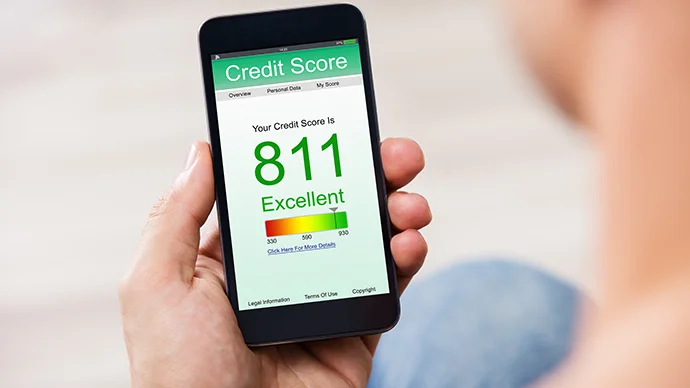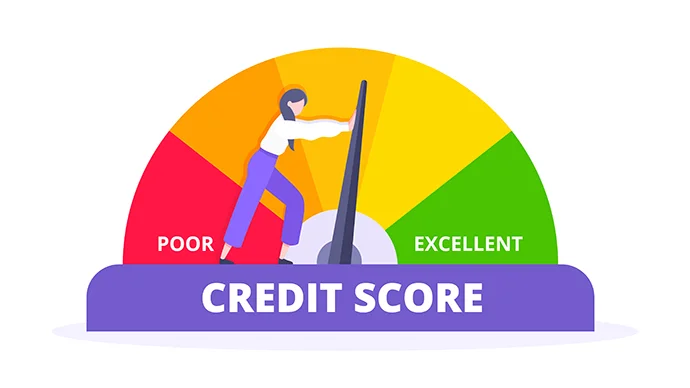
Your credit score is a three-digit number that creditors use to assess how likely you are to repay your loans. A high score can help you qualify for the lowest interest rates and gives you the ability to borrow money for purchases.
Here are seven things you can do to make sure your credit score stays healthy:
- Pay back your debts on time. How you’ve repaid past debt is the most important factor (35%) in calculating your credit score.
- Apply for new credit only when you need it. Ten percent of your credit score is determined by how many new credit accounts you’ve opened and the number of times lenders have checked your credit. Another 15% of your score is determined by the length of your credit history. When you add a new account into the mix, the average age of your credit accounts drops.
- Don't co-sign. Be cautious about co-signing a loan, even for family members, unless you are willing and able to take on the payments later, if necessary. If a payment is missed and you don’t pay it, it can negatively affect your credit score.
- Consider keeping starter cards open. Cards designed for people without a credit history, called starter cards, usually have high interest rates and fees, low limits and few rewards. Even though you’ve stopped using them, it’s a good idea to keep them open. This will help the 15% of your score that comes from the length of your credit history. It also will help the even bigger part (30%) of your score that’s based on your utilization ratio: your credit card debt relative to your total available credit.
- Guard your personal information. Be very careful when giving out your Social Security number, birth date, credit card numbers, and other personal information. Use secure websites and be cautious on phone calls. Don’t leave paperwork with this information on it lying around—shred it.
- Regularly monitor all your accounts. Even if you don’t use them, check each account to make sure there aren't charges, such as annual fees, and that no one is fraudulently using your card. Order a free credit report from annualcreditreport.com, the only site sanctioned by the Federal Trade Commission. Stagger your reports from the three reporting agencies so that you get one report every four months.
- Stay diligent. Make sure that the good credit score you’ve worked so hard to build stays that way.
Source: cuna.org
Related Articles

Good Debt/Bad Debt
Not all debt is necessarily bad, particularly when it can help you build wealth. It’s important to know the difference and how to sort the good from the bad.

Manage Your Credit Cards Better
U.S. consumers are once again increasing their collective credit card debt, which now exceeds $1 trillion.Here's some advice for controlling credit card use.

How to Establish a Credit History
Establishing a good credit record can be difficult for anyone without a credit history. Here are the steps to help you build credit and maintain a good credit score.